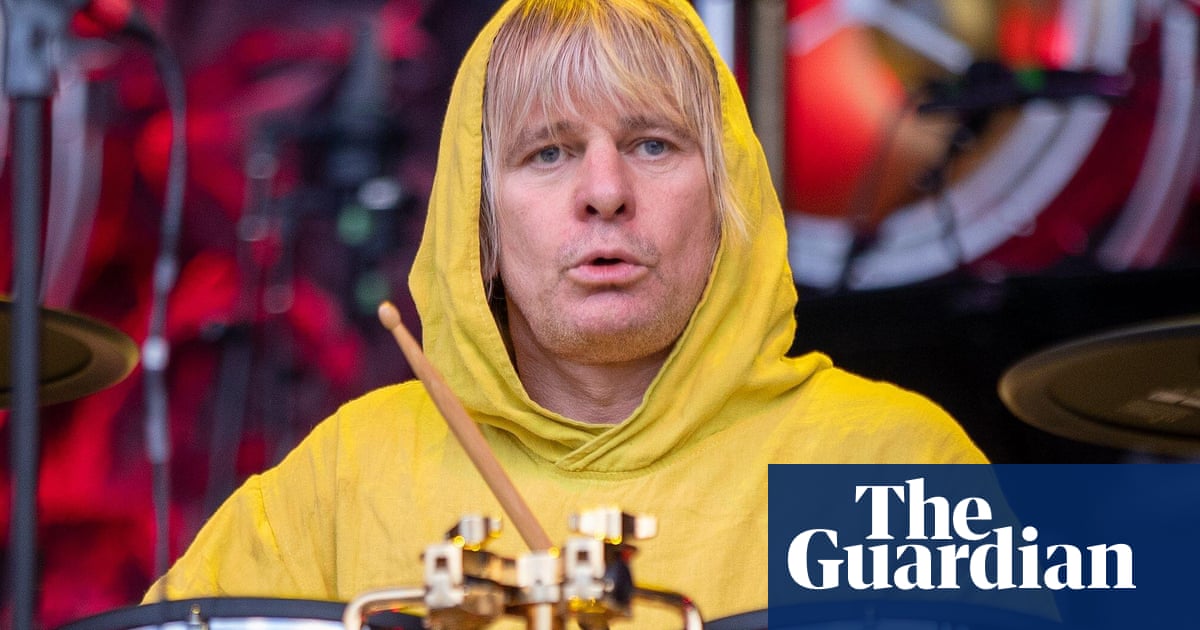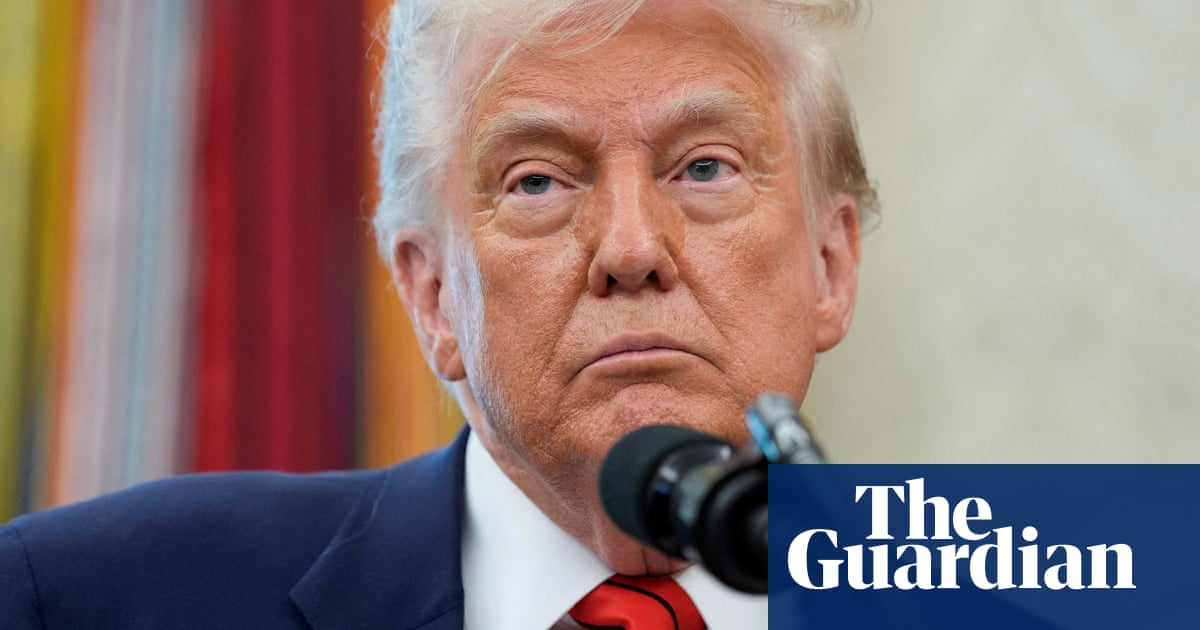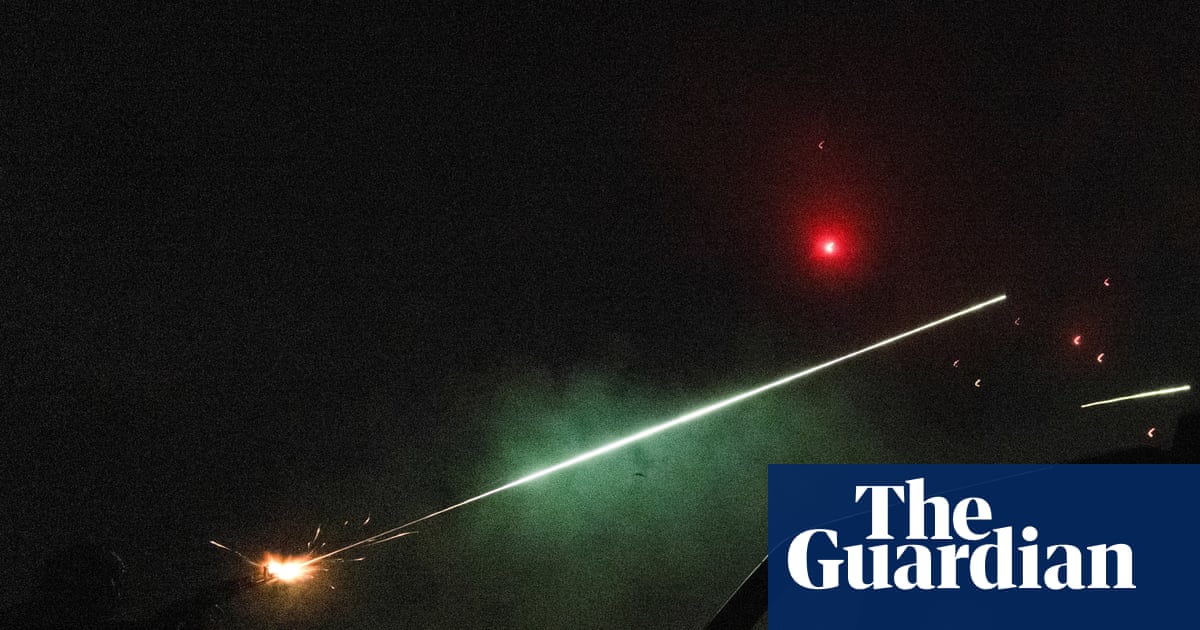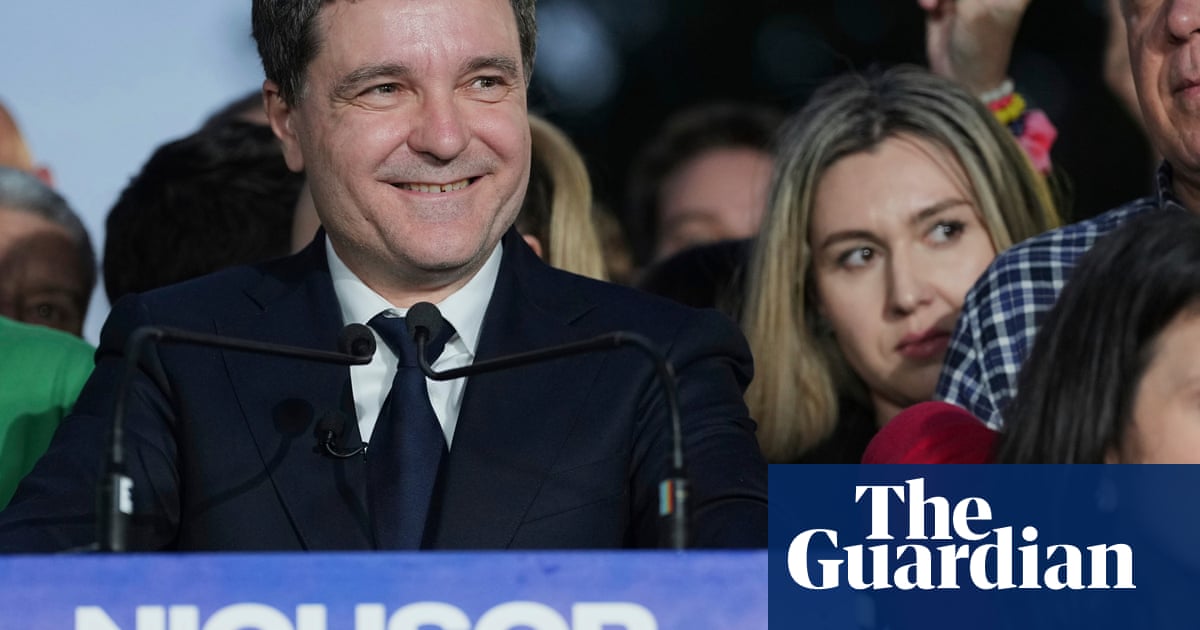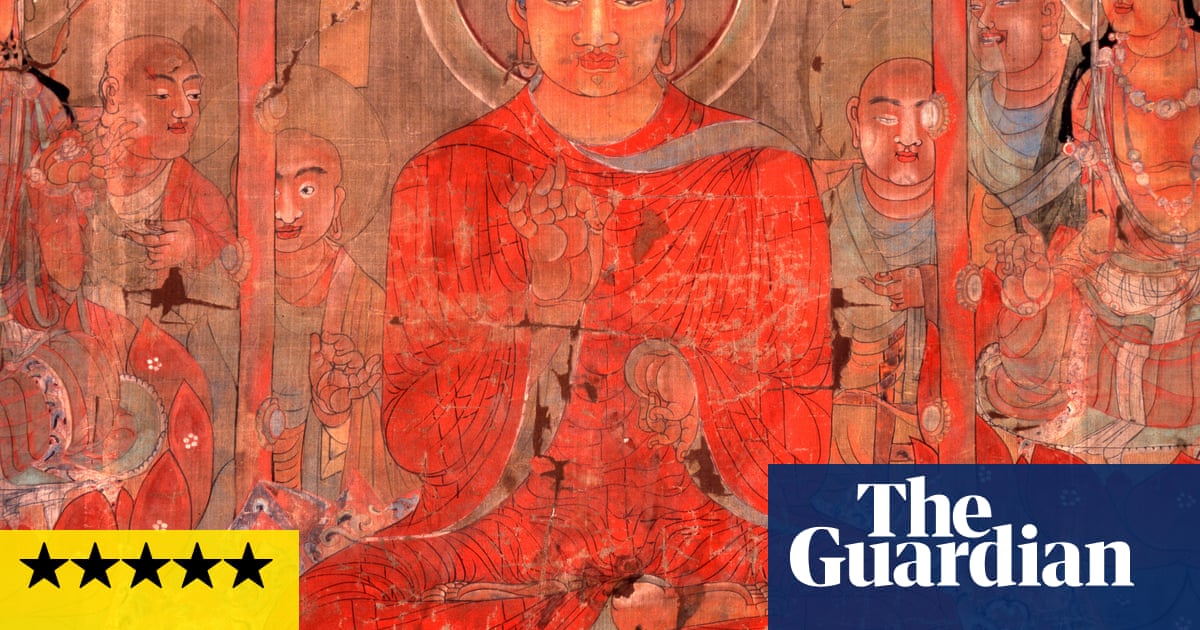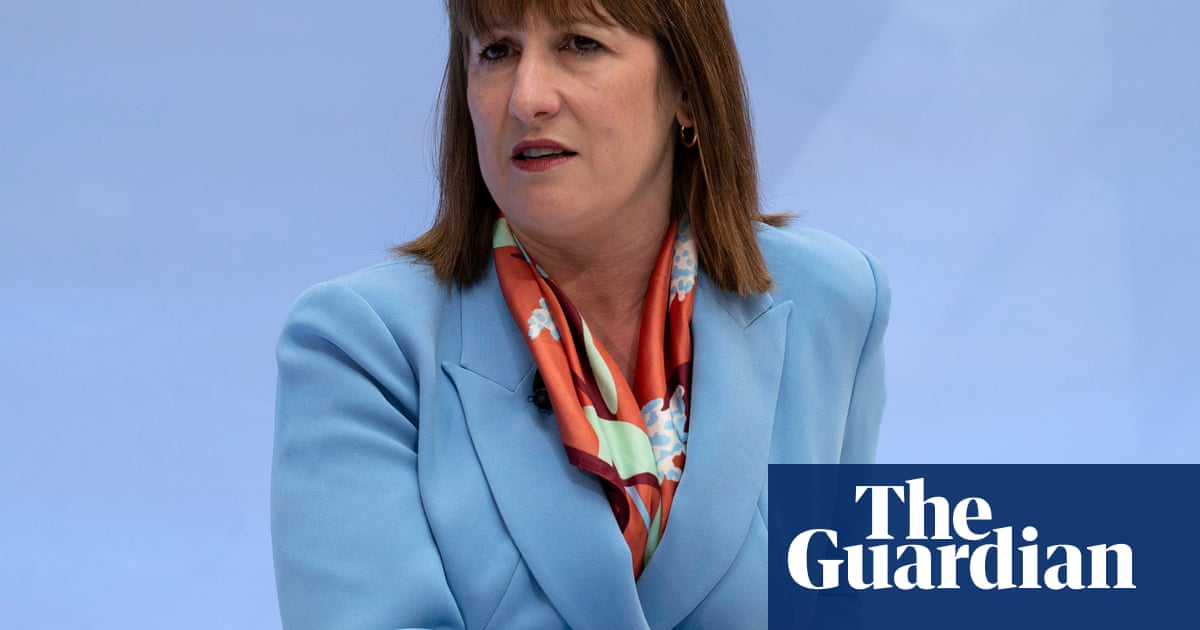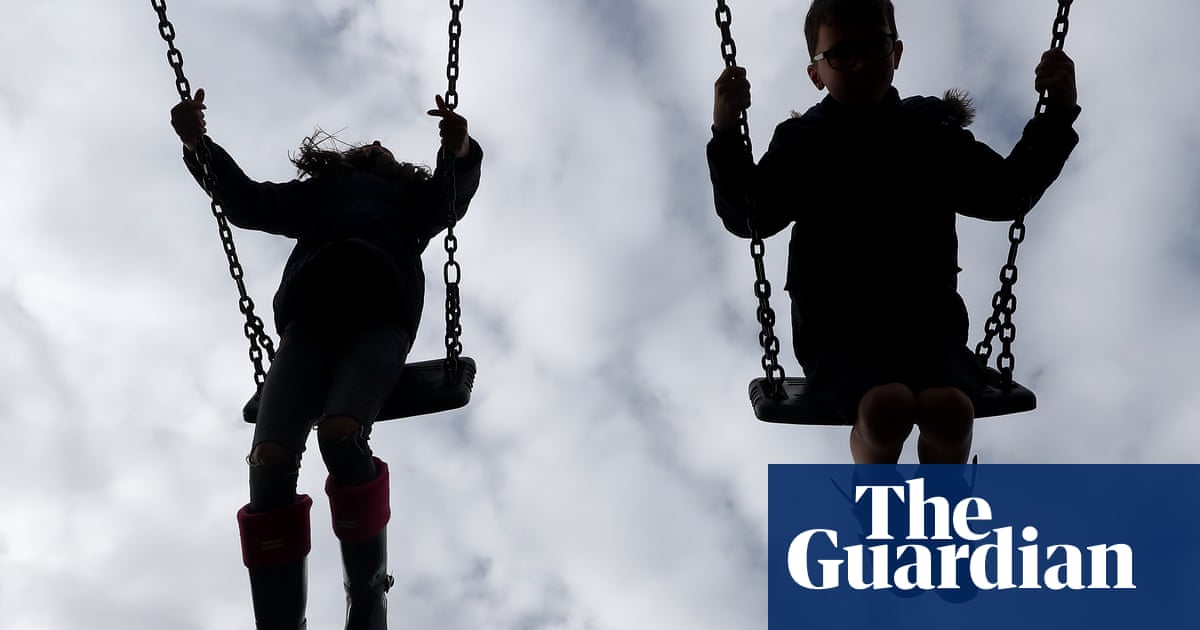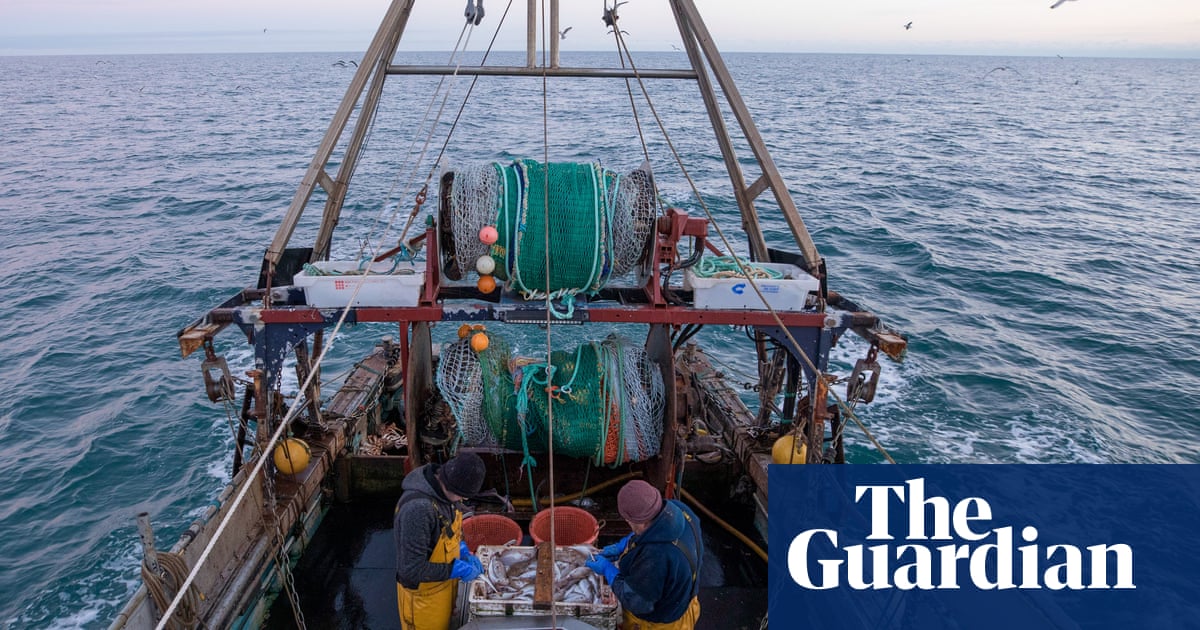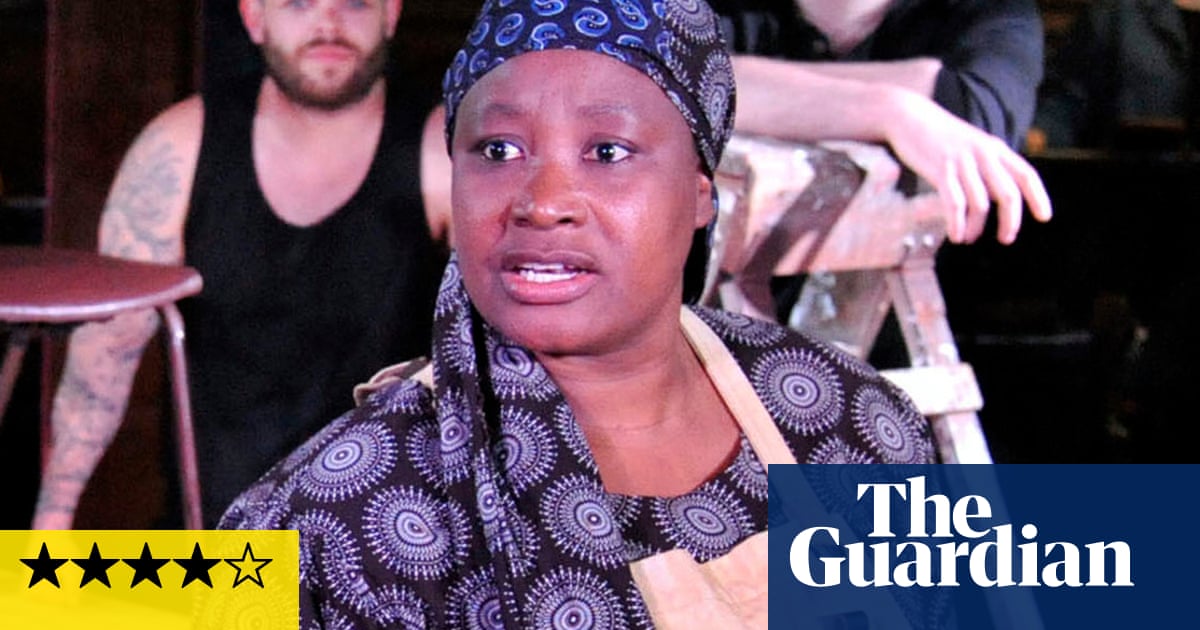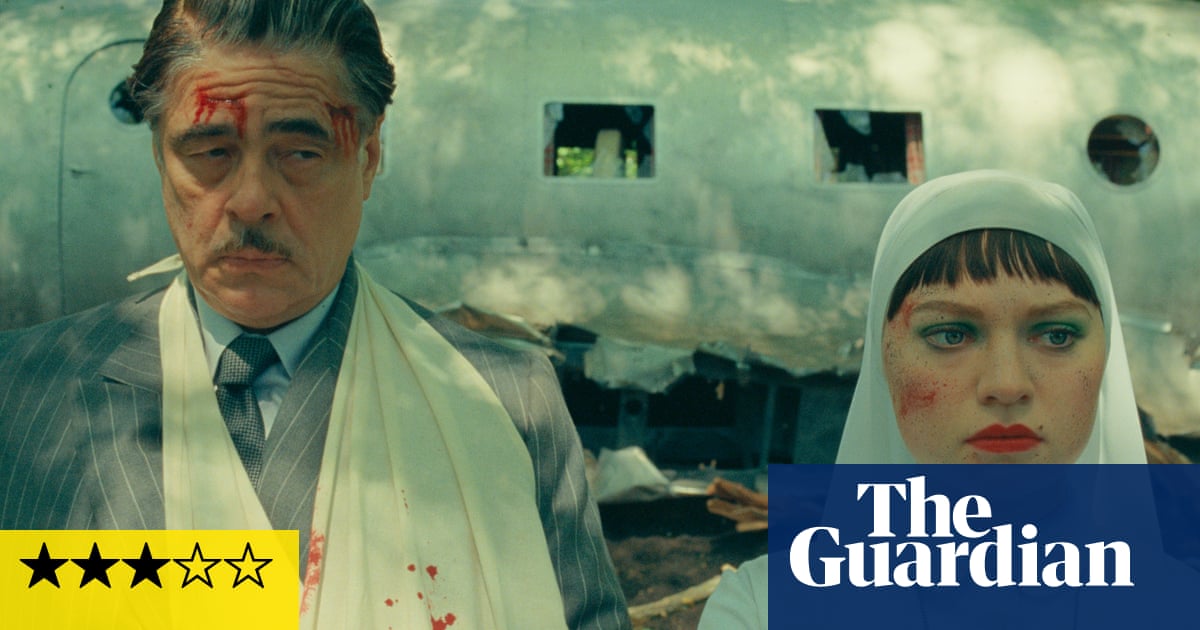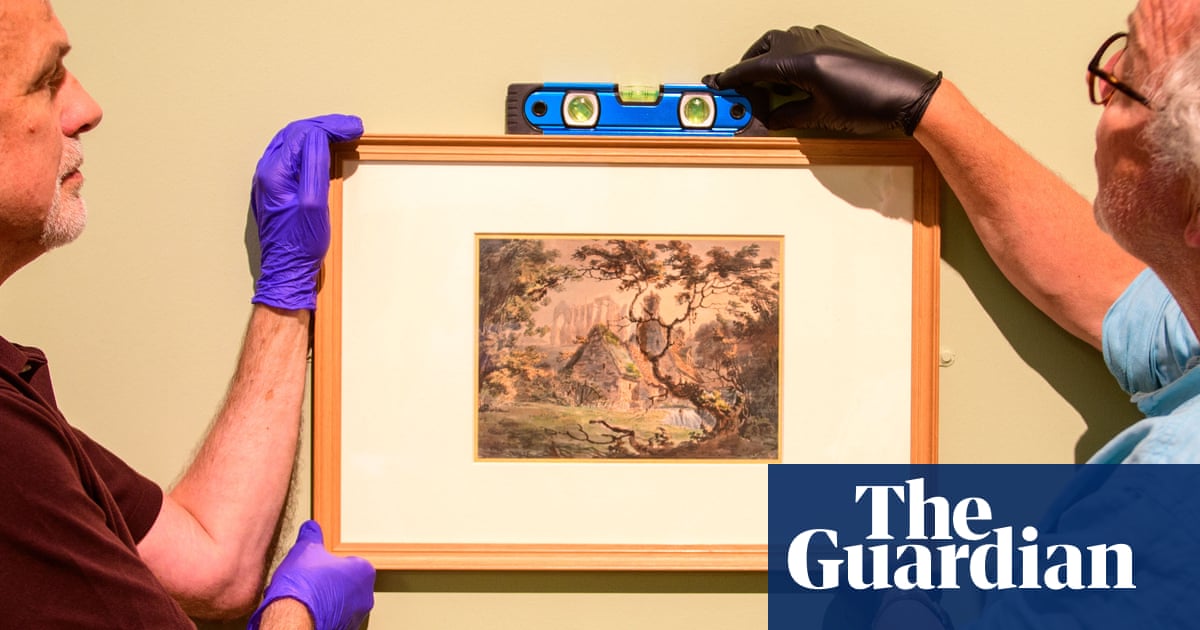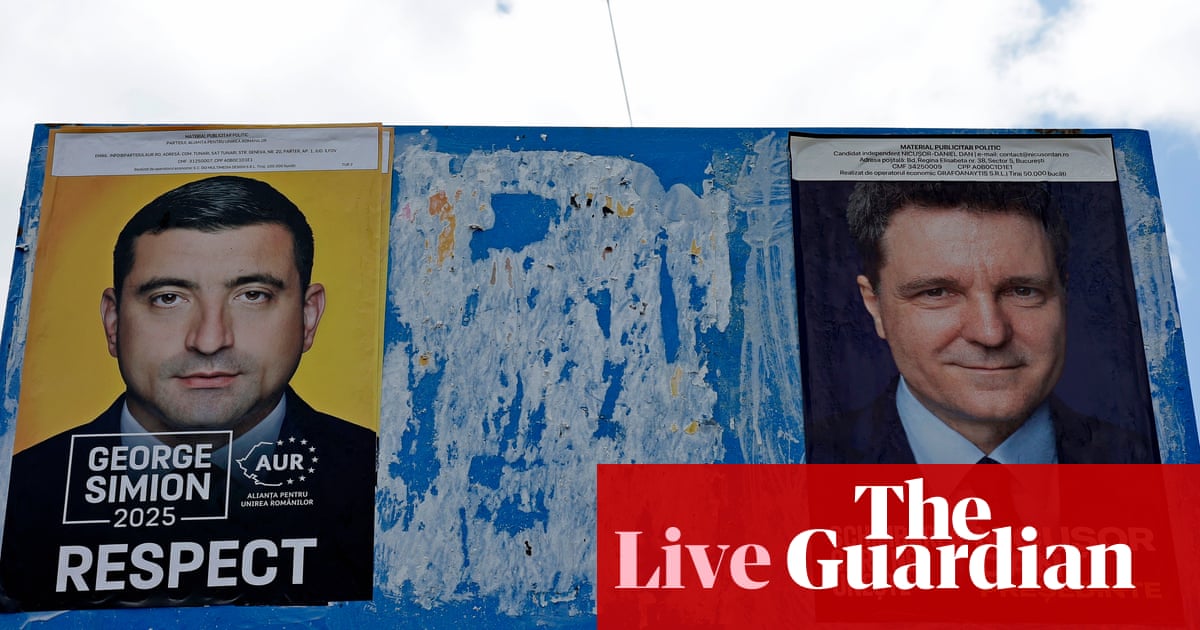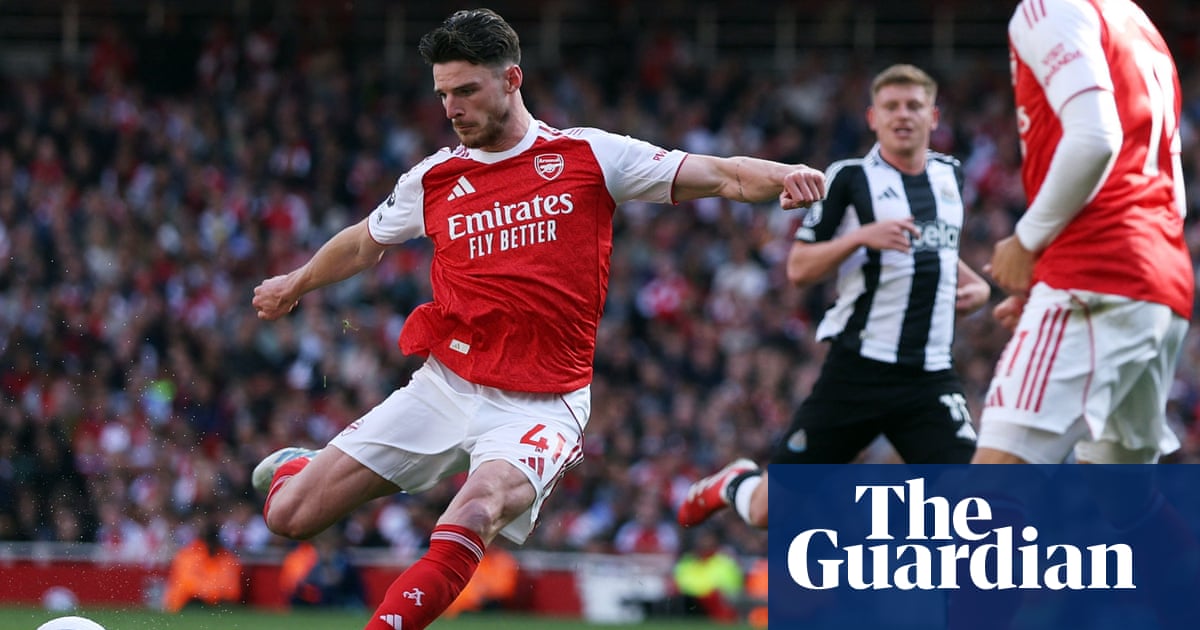After less than a decade and a half in existence, the world’s newest country, South Sudan, appears to be sliding towards a second civil war. A 2018 power-sharing deal between President Salva Kiir and Riek Machar, the first vice-president, put an end to five years of fighting. But last week’s arrest of Mr Machar effectively ended that agreement, his party says. The United Nations warns that his house arrest, along with mounting military clashes and reports of attacks on civilians, has brought a fragile peace closer to collapse, posing a direct threat to millions.
The fear is not just of a battle between factions, but of ethnic cleansing and civilian massacres. Political violence in South Sudan has previously descended into intercommunal conflict between the Dinka ethnic group (to which Mr Kiir belongs) and the Nuer (to which Mr Machar belongs).
The civil war killed 400,000 people and displaced almost a third of the 11 million population. About two‑thirds live in extreme poverty, and the World Bank says that almost all the rest are only one shock away from poverty. The axing of US aid and last month’s punishing heatwave have exacerbated this dire situation.
The spiralling war in the country’s neighbour, Sudan, had already caused the collapse of its oil exports, cutting state revenues by about two-thirds and reducing Mr Kiir’s ability to fund his patronage network, as well as resulting in a wave of refugees. Renewed conflict in South Sudan might well merge with that war. There are suspicions that the Sudanese army may have sent military supplies to Nuer militias, hoping to wrest control of the border area back from its Rapid Support Forces rivals.
The rivalry between the president and vice-president never went away. But tensions have been rising. Elections due to take place last year – which would have been the country’s first national polls – were deferred until 2026. Then, in February, Mr Kiir sacked two other vice-presidents and promoted his adviser Benjamin Bol Mel, who is now seen as his preferred successor. Some think that the 73-year-old’s priority is keeping Mr Machar from the top spot; others that he hopes disgruntled figures in his own orbit will be unified by turning upon Mr Machar, whom he accuses of trying to depose him.
Mr Machar had also accused the army of attacking his forces. Shortly afterwards, the White Army, a Nuer militia aligned with Mr Machar, launched attacks against the country’s army in Upper Nile state. Government counterstrikes, reportedly including the use of barrel bombs, followed. Several of Mr Machar’s key allies were also arrested.
Uganda, which backs Mr Kiir, recently said it had deployed troops to South Sudan’s capital, Juba, though its government denies this. Kenya’s president, William Ruto, is playing a more useful role by attempting to mediate. South Africa and Ethiopia also have a history of interceding, but both are preoccupied at present. The west has shown little interest.
The release of Mr Machar, an end to fighting and a recommitment of all parties to the 2018 agreement are needed. Without those steps, the best hope is that the UN peacekeeping force for South Sudan is able to create safe zones to protect civilians. How effective those will prove, if war rages, is hard to say. The African Union’s decision to send high-level mediators is welcome: Mr Ruto cannot fix this problem alone. Others must join him in attempting to end this crisis before it spins out of control.
-
Do you have an opinion on the issues raised in this article? If you would like to submit a response of up to 300 words by email to be considered for publication in our letters section, please click here.

.png) 1 month ago
32
1 month ago
32
